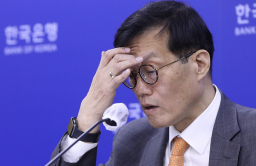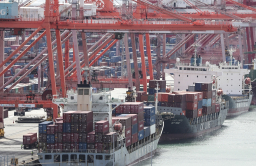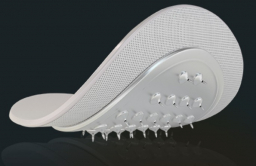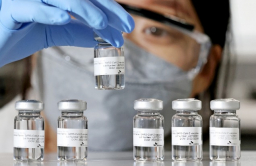-
KOSPI 2812.05 +41.21 +1.49%
-
KOSDAQ 756.23 +6.02 +0.80%
-
KOSPI200 376.54 +6.64 +1.80%
-
USD/KRW 1373 3.00 -0.22%
Korean bio suffers as weak won lifts global clinical trial costs
Bio & Pharma
Korean bio suffers as weak won lifts global clinical trial costs
Some biotechs have suspended clinical studies in the US, Europe and are returning to Korea to continue research, source says
By
Oct 14, 2022 (Gmt+09:00)
2
Min read
News+
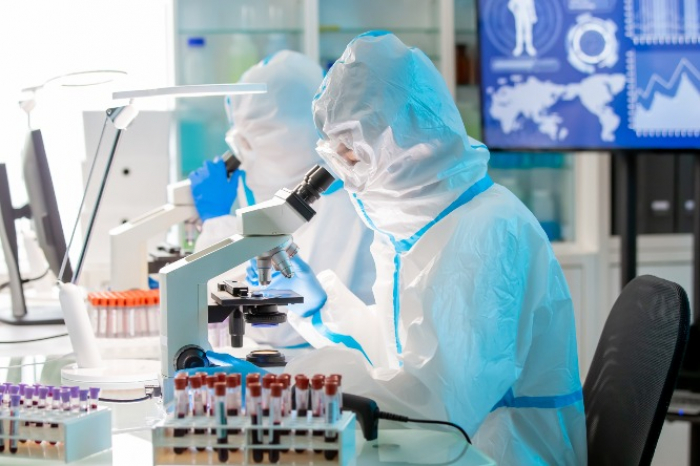
South Korean biopharmaceutical firms are facing challenges in clinical trials overseas alongside the rising Korean won to the US dollar exchange rate. Some bio ventures are now postponing global clinical studies given the tougher fundraising environment and the weakening local currency.
On the condition of anonymity, a Korean biotech said it has recently suspended its phase I clinical trials via a US contract research organization (CRO) and will continue the studies in Korea.
The biotech said the US clinical trial costs, which were initially calculated at 2 billion won ($1.4 million), increased by 20% due to the impact of the rising Korean won to the US dollar exchange rate.
Of the total clinical trials conducted by Korean biopharmaceuticals last year, multinational clinical trials made up 50%, or 421, according to the Korea National Enterprise for Clinical Trials (KoNECT). The percentage has increased over the years as more and more local drugmakers target the global market.
Korean biopharmaceutical firms use US or European CROs when they conduct clinical trials in the region. As they normally pay the trial management fees to CROs in US dollars, the drugmakers’ financial burden has snowballed alongside the won’s plunge versus the greenback this year.
Despite increasing voices for growing domestic CROs, the Korean government didn’t include a specific plan related to local clinical trials management in the K-Bio and Vaccine Fund, a 500 billion won public-private investment scheme announced in July managed by Mirae Asset Venture Investment Co. and Yuanta Investment Co.
Biotechs in Korea have faced a tough time with fundraising this year. The Korea Exchange (KRX) healthcare index, which hit 5,460.26 on Jan. 4, 2021, nosedived to 2,463.1 on Oct. 13, 2022. The plunging index has widened the valuation gap between unlisted bio ventures and VC firms, making some 90% of biotechs' fundraising more difficult, a source said.
More than 10 biotechs were newly listed each year between 2018 and 2020, and the number dropped to nine in 2021 due to stricter standards on the so-called technology exception policy, which allowed the listing of tech startups based on growth potential rather than sales and operating profits.
So far this year, six bio ventures – ADBiotech, Bio-FD&C, Noul, Voronoi, Lunit, AprilBio – were newly listed on the Korean stock market. Four bio companies, ImmuneMed, Korea Medicine Research Institute, Future Medicine and Next Biomedical, withdrew their IPO applications. D&D Pharmatech didn't receive KRX approval from the preliminary IPO screening to begin the listing procedures.
Write to Jeong-Min Nam at peux@hankyung.com
Jihyun Kim edited this article.
More To Read
-
 Bio & PharmaKorean bio ventures struggle with fundraising
Bio & PharmaKorean bio ventures struggle with fundraisingMar 01, 2022 (Gmt+09:00)
-
Oct 12, 2022 (Gmt+09:00)
-
Sep 29, 2022 (Gmt+09:00)
-
Aug 24, 2022 (Gmt+09:00)
-
Aug 05, 2022 (Gmt+09:00)


